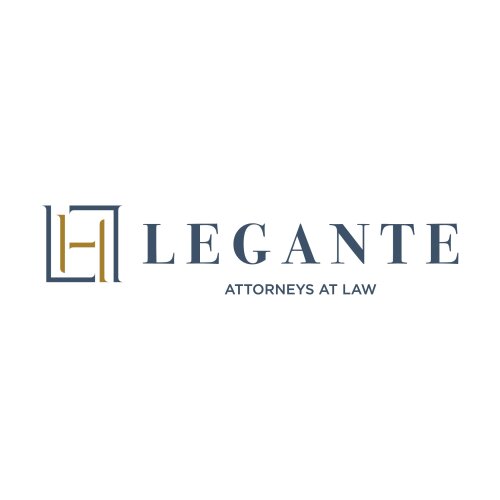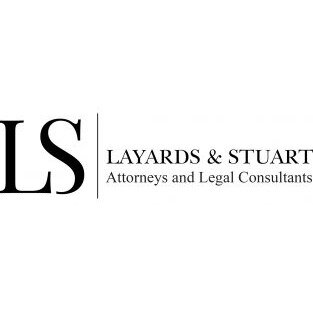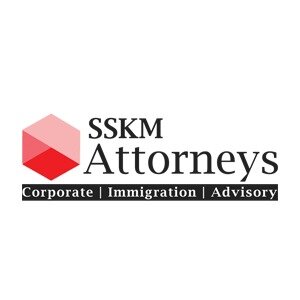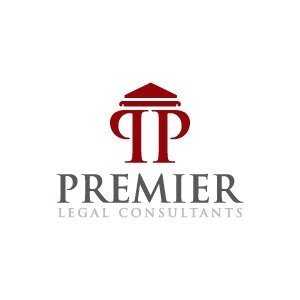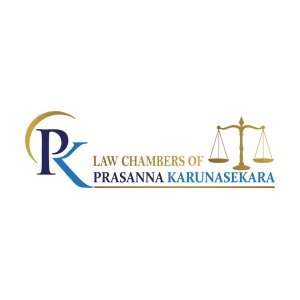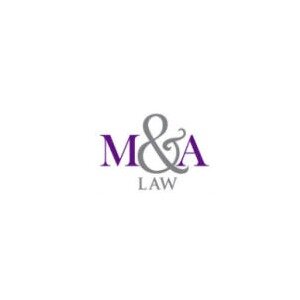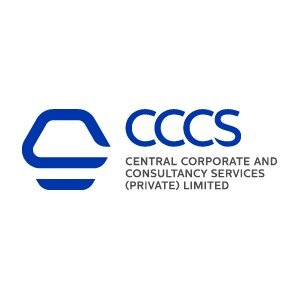Best Licensing Lawyers in Sri Lanka
Share your needs with us, get contacted by law firms.
Free. Takes 2 min.
Or refine your search by selecting a city:
List of the best lawyers in Sri Lanka
About Licensing Law in Sri Lanka
Licensing law in Sri Lanka governs the granting of licenses for various activities or businesses within the country. Whether you are looking to start a new business, operate a vehicle, or carry out certain activities, understanding licensing laws is crucial to ensure compliance with local regulations.
Why You May Need a Lawyer
There are several situations where you may require legal assistance in Licensing in Sri Lanka. This includes applying for a license, appealing a denied license, handling violations, or dealing with legal disputes related to licensing agreements. A lawyer can provide guidance on the complex legal requirements and ensure that your rights are protected throughout the process.
Local Laws Overview
In Sri Lanka, licensing laws are governed by various statutes and regulations depending on the type of license being sought. Key aspects of local laws that are particularly relevant to licensing include the licensing process, required documentation, fees, renewal procedures, and penalties for non-compliance.
Frequently Asked Questions
Q: How do I apply for a license in Sri Lanka?
A: The application process for a license in Sri Lanka varies depending on the type of license you are seeking. Generally, you will need to submit a completed application form along with the required supporting documents to the relevant authority.
Q: What happens if my license application is denied?
A: If your license application is denied, you have the right to appeal the decision. It is advisable to seek legal advice to understand the reasons for denial and the steps you can take to appeal the decision.
Q: Are there any specific regulations for foreign businesses seeking a license in Sri Lanka?
A: Foreign businesses seeking a license in Sri Lanka may be subject to additional regulations and requirements. It is important to consult with a lawyer familiar with international licensing laws to ensure compliance with local regulations.
Q: What are the common reasons for license revocation in Sri Lanka?
A: Common reasons for license revocation in Sri Lanka include non-payment of fees, failure to comply with license conditions, and engaging in illegal activities. It is essential to adhere to the terms of your license to avoid potential revocation.
Q: Can I transfer my license to another party in Sri Lanka?
A: In some cases, licenses in Sri Lanka may be transferable to another party with the approval of the licensing authority. It is important to check the terms and conditions of your license to determine if transfer is allowed.
Q: What are the consequences of operating without a valid license in Sri Lanka?
A: Operating without a valid license in Sri Lanka can lead to fines, penalties, and legal action. It is essential to obtain the necessary licenses before engaging in any activities that require licensing to avoid legal consequences.
Q: How often do I need to renew my license in Sri Lanka?
A: The renewal period for licenses in Sri Lanka varies depending on the type of license. It is important to keep track of the expiration date of your license and submit the renewal application within the specified timeframe to avoid any disruptions in your activities.
Q: Can I seek legal advice before applying for a license in Sri Lanka?
A: Yes, it is advisable to seek legal advice before applying for a license in Sri Lanka to ensure that you understand the legal requirements, documentation, and procedures involved in the licensing process. A lawyer can assist you in preparing a strong application and addressing any legal issues that may arise.
Q: What is the role of the licensing authority in Sri Lanka?
A: The licensing authority in Sri Lanka is responsible for regulating and overseeing the issuance of licenses for various activities and businesses. The authority ensures that applicants meet the necessary criteria and comply with local regulations before granting a license.
Q: How can I find a reputable lawyer for licensing matters in Sri Lanka?
A: You can find a reputable lawyer for licensing matters in Sri Lanka by seeking recommendations from friends or colleagues, conducting online research, or contacting the local bar association for referrals. It is important to choose a lawyer with experience in licensing law to ensure that your legal needs are properly addressed.
Additional Resources
For additional resources and information on licensing in Sri Lanka, you may contact the Department of Registrar of Companies, Sri Lanka Customs, or the relevant industry-specific regulatory bodies. These organizations can provide guidance on licensing requirements, procedures, and regulations in your specific area of interest.
Next Steps
If you require legal assistance in licensing matters in Sri Lanka, it is recommended to consult with a qualified lawyer specializing in licensing law. A lawyer can help you navigate the complex legal requirements, guide you through the licensing process, and represent your interests in any legal disputes that may arise. Contact a lawyer today to ensure that your rights are protected and your licensing needs are properly addressed.
Lawzana helps you find the best lawyers and law firms in Sri Lanka through a curated and pre-screened list of qualified legal professionals. Our platform offers rankings and detailed profiles of attorneys and law firms, allowing you to compare based on practice areas, including Licensing, experience, and client feedback.
Each profile includes a description of the firm's areas of practice, client reviews, team members and partners, year of establishment, spoken languages, office locations, contact information, social media presence, and any published articles or resources. Most firms on our platform speak English and are experienced in both local and international legal matters.
Get a quote from top-rated law firms in Sri Lanka — quickly, securely, and without unnecessary hassle.
Disclaimer:
The information provided on this page is for general informational purposes only and does not constitute legal advice. While we strive to ensure the accuracy and relevance of the content, legal information may change over time, and interpretations of the law can vary. You should always consult with a qualified legal professional for advice specific to your situation.
We disclaim all liability for actions taken or not taken based on the content of this page. If you believe any information is incorrect or outdated, please contact us, and we will review and update it where appropriate.
Browse licensing law firms by city in Sri Lanka
Refine your search by selecting a city.




